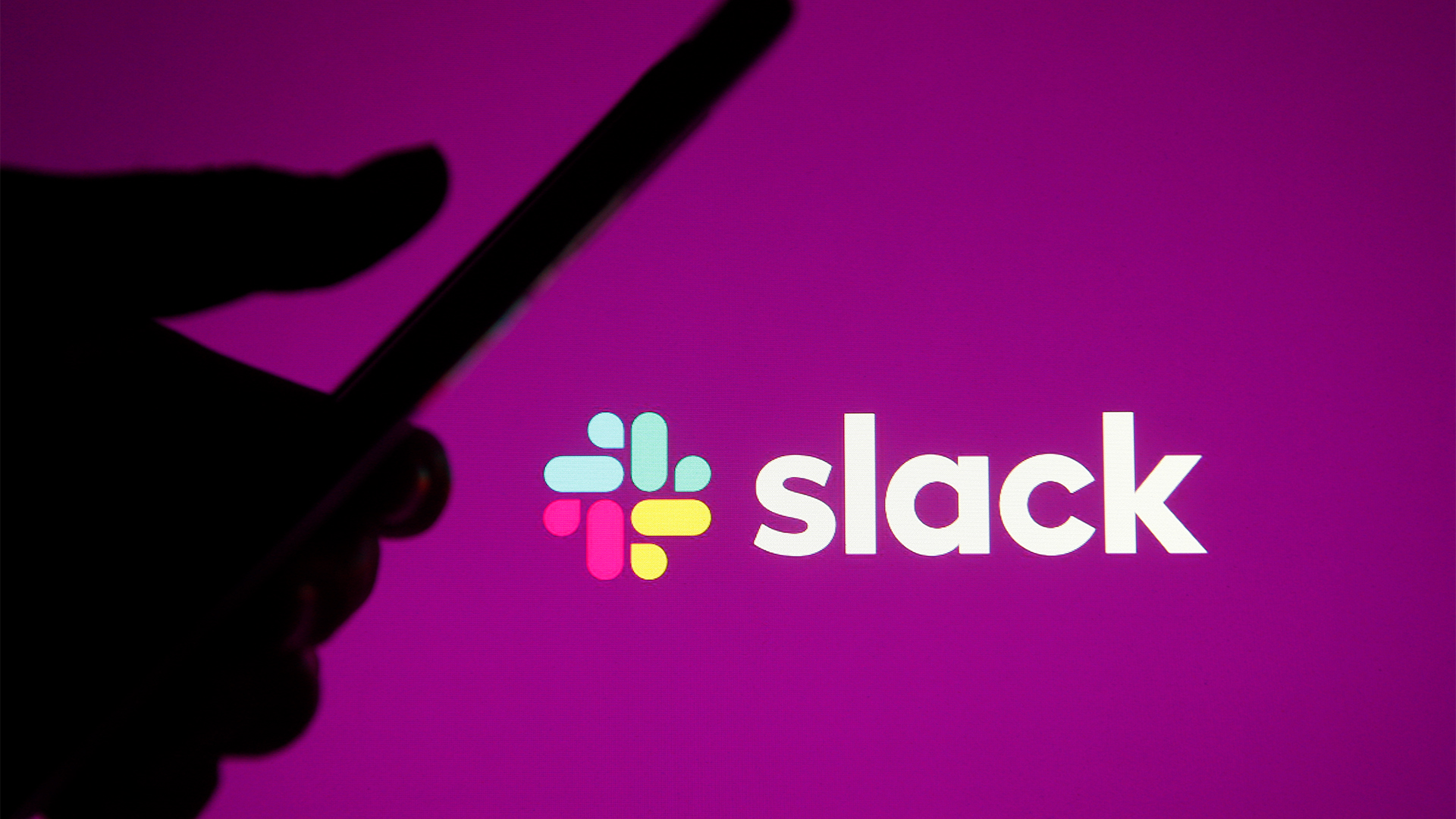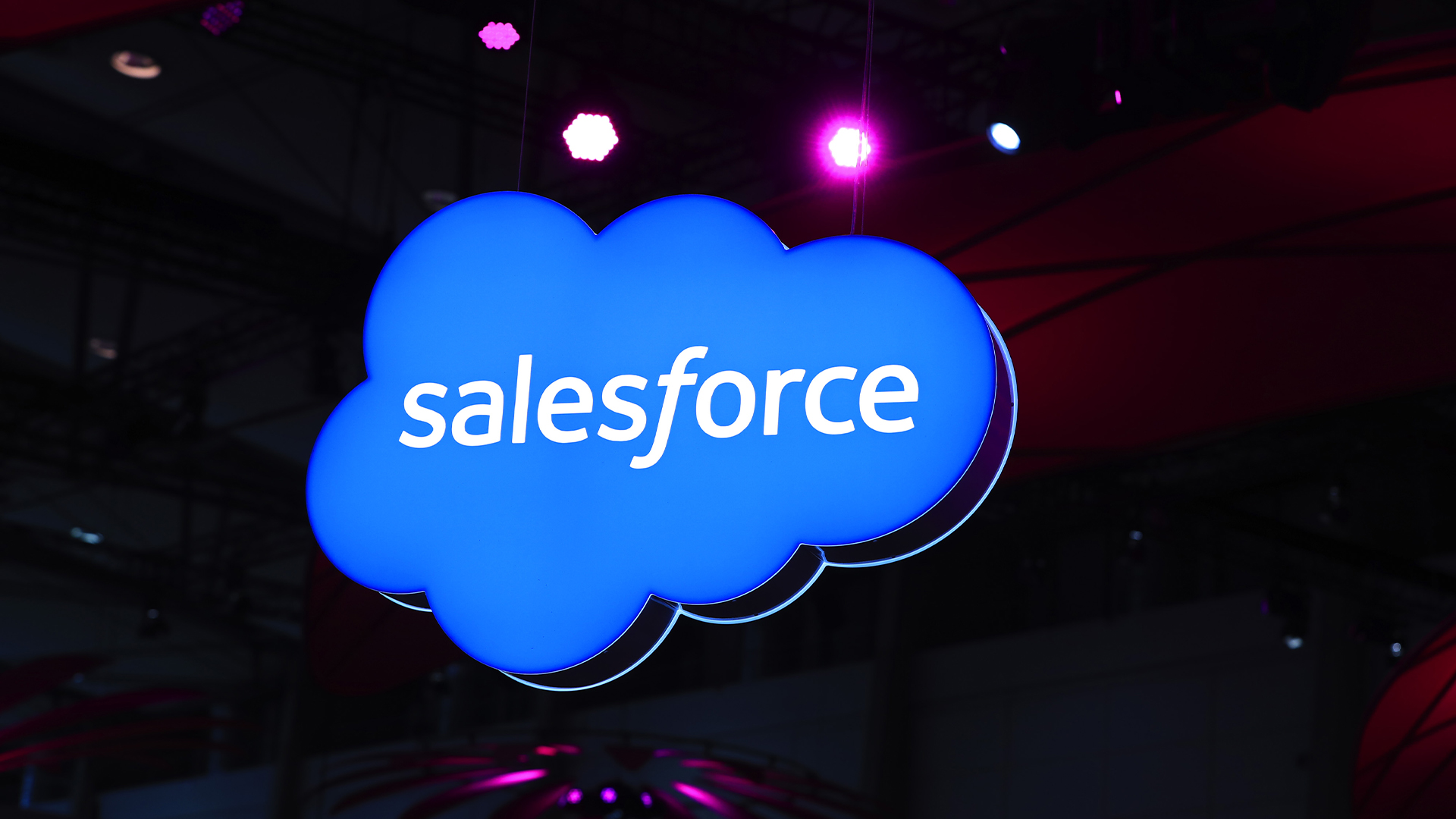Slack refutes claims that customer data is used to train AI models
Slack said its ML models are trained on de-identified, aggregate data and that its models do not access message content


Slack has responded to confusion and concern over the use of customer data for AI model training, insisting that its practices do not include user message content.
Last week, claims circulated online that the productivity platform, which has its own integrated ‘Slack AI’ service, was using customer data - including internal company communications - as training materials.
A spokesperson for Salesforce, which owns Slack, told ITPro it has since updated the language of its policy to better reflect its position on using organizational data for training purposes.
According to the firm’s policies, Slack uses some customer data to develop “non-generative AI/ML models” that support various features such as emojis or channel recommendations.
If organizations don’t want their data used in training “Slack global models”, then they can opt-out, meaning their data will only be used to improve the experience on their “own workspace”.
Slack users say its ‘opt-out’ approach doesn’t cut it
This has still prompted consternation among users, however. What many have taken issue with is the fact that this requires a proactive move on behalf of the organization, rather than Slack opting users out by default or making users perform a much clearer declaration of their desire to opt in.
Instead, an organization must contact Slack’s customer experience team with an opt-out request email, after which point the firm will “process your request and respond once the opt-out has been completed”.
Sign up today and you will receive a free copy of our Future Focus 2025 report - the leading guidance on AI, cybersecurity and other IT challenges as per 700+ senior executives
Initial responses to this policy were fiercely critical and Slack quickly faced backlash from a variety of sources, including many users on the Hacker News forum.
One user questioned why such a policy was opt-out and why it needed to be discovered, claiming that their company was “discussing switching to Teams” in an act of retaliation. Another user called it an “incredible rug pull” from the firm.
Engineer and writer Gergely Orosz also took to social media to criticize Slack with claims it was treating paying customers as a product.
“It’s unacceptable that this is automatic opt-in, and paying organizations are not opted out by default,” Orosz said.
Slack responded to Orosz, saying that the firm has “platform-level machine learning models for things like channel and emoji recommendations and search results” but that customers are able to exclude their data from it.
RELATED WHITEPAPER

One staff member at Slack, Aaron Maurer, responded to Orosz and admitted that “we do need to update this particular page to explain more carefully how these privacy principles play with Slack AI”.
Slack has since done this in a company blog post.
“We recently heard from some in the Slack community that our published privacy principles weren’t clear enough and could create misunderstandings about how we use customer data in Slack … as we looked at the language on our website, we realized that they were right,” the company said.
The firm stated that its traditional machine learning models use de-identified, aggregate data and do not access message content in “DMs, private channels, or public channels”.
A Salesforce spokesperson referred ITPro to this blog post while also reiterating some of the post’s key points, highlighting that Slack’s platforms are not trained on user message content.
“Slack has industry-standard platform-level machine learning models to make the product experience better for customers … these models do not access original message content in DMs, private channels, or public channels to make these suggestions,” the spokesperson said.
“We do not build or train these models in such a way that they could learn, memorize, or be able to reproduce customer data."
They added that while it also uses third-party LLMs, these are not trained with customer data and that “off-the-shelf” models used by the firm are hosted in its own AWS environment to ensure security.

George Fitzmaurice is a former Staff Writer at ITPro and ChannelPro, with a particular interest in AI regulation, data legislation, and market development. After graduating from the University of Oxford with a degree in English Language and Literature, he undertook an internship at the New Statesman before starting at ITPro. Outside of the office, George is both an aspiring musician and an avid reader.
-
 'It's slop': OpenAI co-founder Andrej Karpathy pours cold water on agentic AI hype – so your jobs are safe, at least for now
'It's slop': OpenAI co-founder Andrej Karpathy pours cold water on agentic AI hype – so your jobs are safe, at least for nowNews Despite the hype surrounding agentic AI, OpenAI co-founder Andrej Karpathy isn't convinced and says there's still a long way to go until the tech delivers real benefits.
-
 ‘I don't think anyone is farther in the enterprise’: Marc Benioff is bullish on Salesforce’s agentic AI lead – and Agentforce 360 will help it stay top of the perch
‘I don't think anyone is farther in the enterprise’: Marc Benioff is bullish on Salesforce’s agentic AI lead – and Agentforce 360 will help it stay top of the perchNews Salesforce is leaning on bringing smart agents to customer data to make its platform the easiest option for enterprises
-
 Dreamforce 2025 live: All the latest updates from San Francisco
Dreamforce 2025 live: All the latest updates from San FranciscoNews We're live on the ground in San Francisco for Dreamforce 2025 – keep tabs on all of our rolling coverage from the annual Salesforce conference.
-
 Salesforce just launched a new catch-all platform to build enterprise AI agents
Salesforce just launched a new catch-all platform to build enterprise AI agentsNews Businesses will be able to build agents within Slack and manage them with natural language
-
 Salesforce CEO Marc Benioff says the company has cut 4,000 customer support staff for AI agents so far
Salesforce CEO Marc Benioff says the company has cut 4,000 customer support staff for AI agents so farNews The jury may still be out on whether generative AI is going to cause widespread job losses, but the impact of the technology is already being felt at Salesforce.
-
 ‘Humans must remain at the center of the story’: Marc Benioff isn’t convinced about the threat of AI job losses – and Salesforce’s adoption journey might just prove his point
‘Humans must remain at the center of the story’: Marc Benioff isn’t convinced about the threat of AI job losses – and Salesforce’s adoption journey might just prove his pointNews Marc Benioff thinks fears over widespread AI job losses may be overblown and that Salesforce's own approach to the technology shows adoption can be achieved without huge cuts.
-
 Get used to working with AI teammates in Slack
Get used to working with AI teammates in SlackNews The workplace collaboration app is all-in on AI agents
-
 Salesforce wants technicians and tradespeople to take AI agents on the road with them
Salesforce wants technicians and tradespeople to take AI agents on the road with themNews Salesforce wants to equip technicians and tradespeople with agentic AI tools to help cut down on cumbersome administrative tasks.

